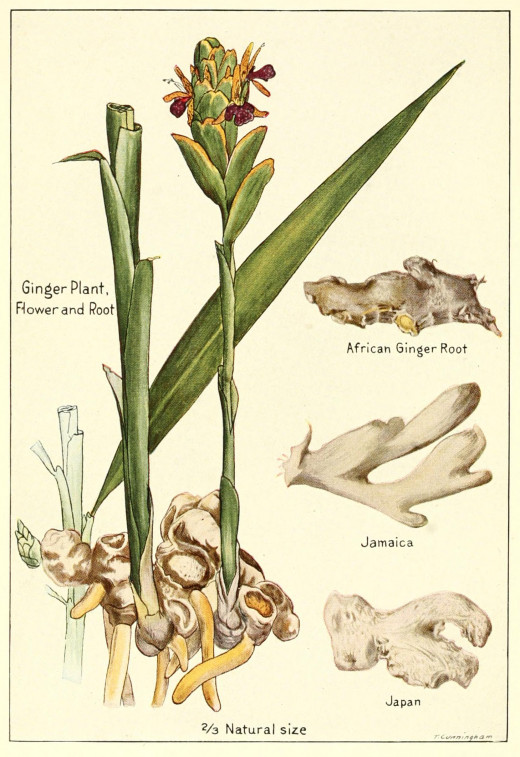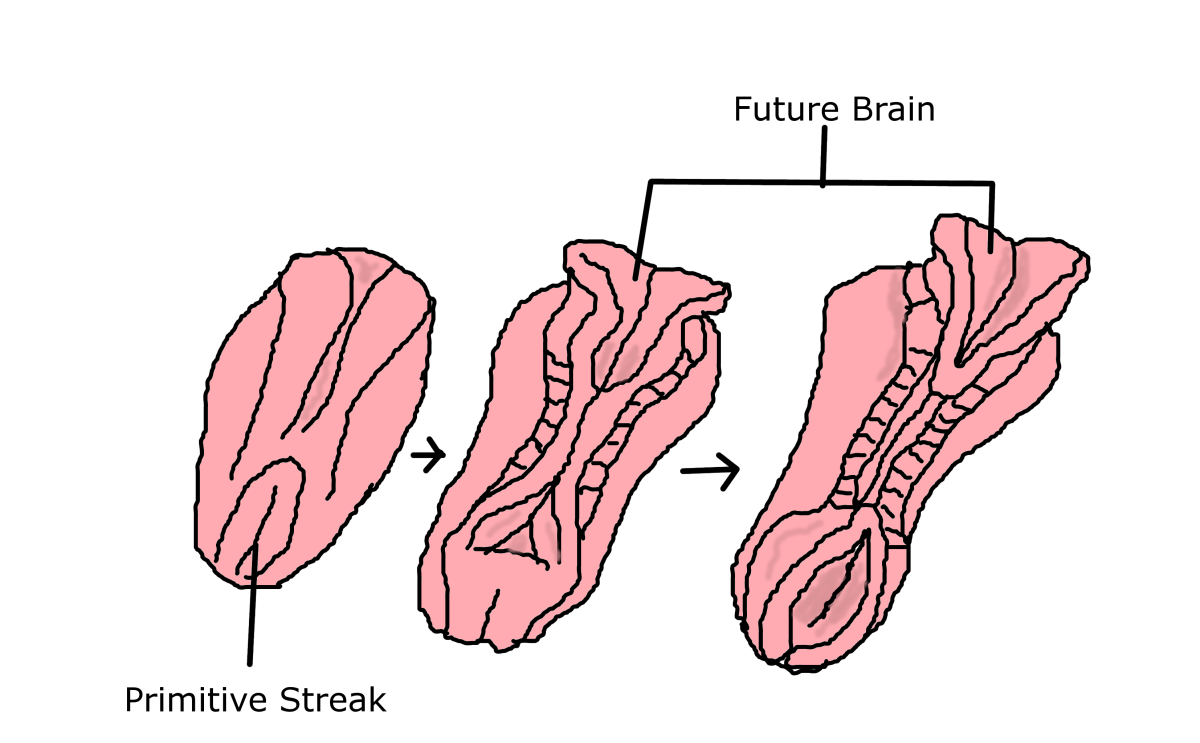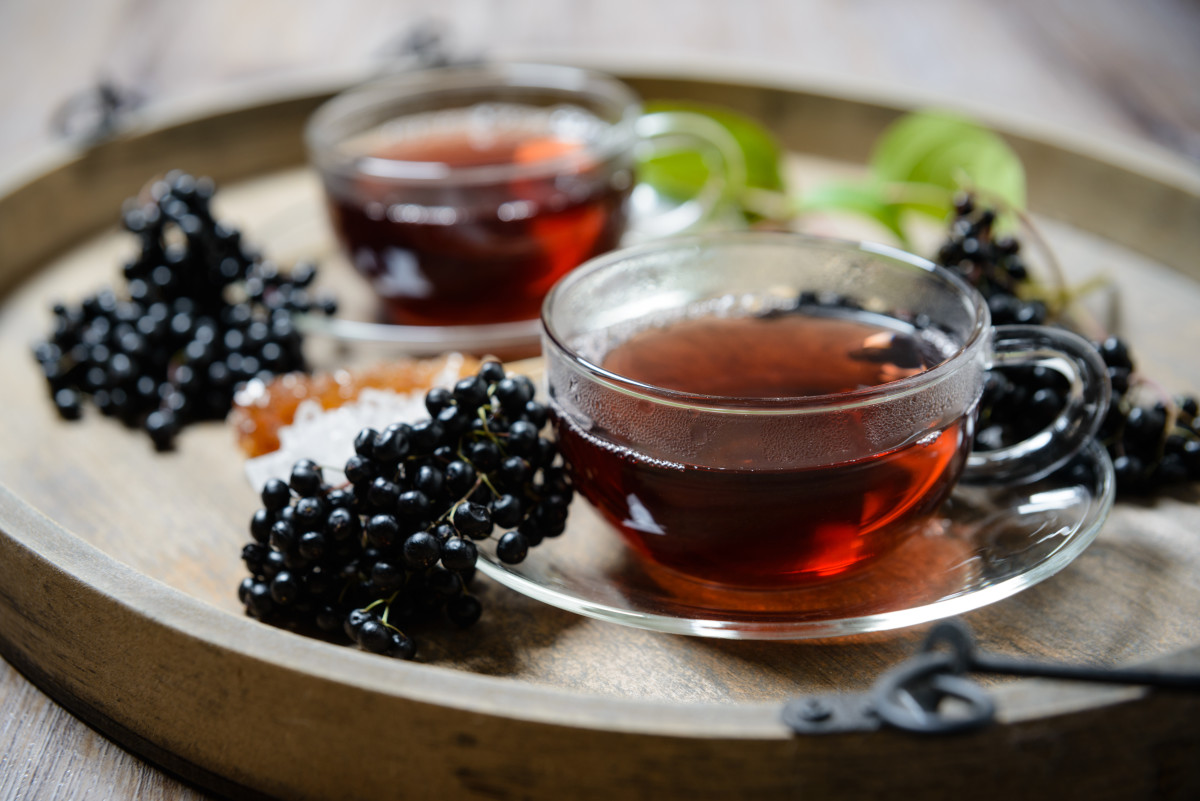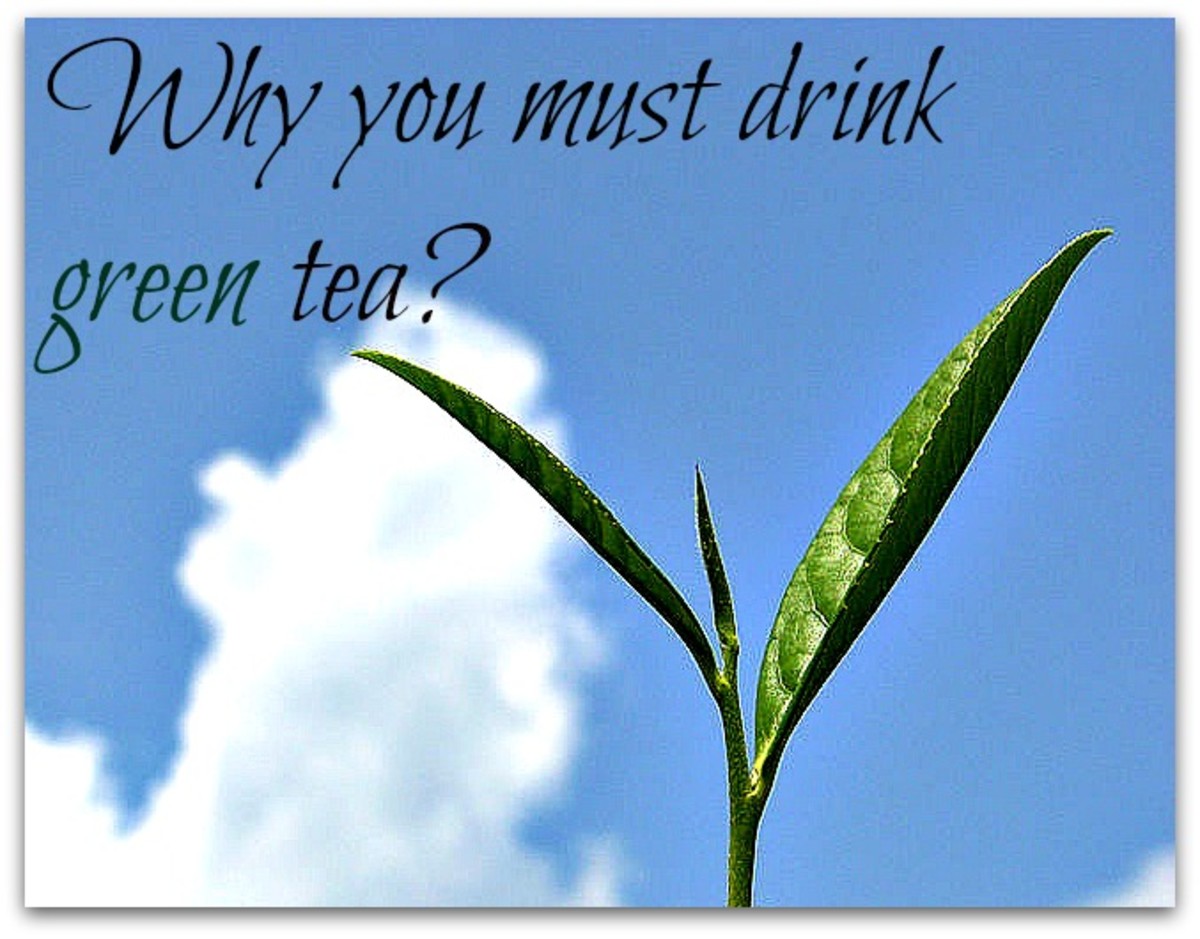Safe Teas for Pregnancy

When someone finds out they’re expecting a child, they know their life will change in countless ways. To have a healthy pregnancy, a person needs to both avoid certain things, while seeking others out to ease the more uncomfortable parts of pregnancy.
Caffeine and Pregnancy
There’s still some debate about just how harmful caffeine is to a developing fetus, but the general consensus is that it should be avoided as much as possible. Of course, this means coffee is no longer an option. A regular cup of java holds around 40 to 50 milligrams of caffeine, and while decaf is advertized as being “caffeine free”, it will still have around .4 milligrams of the stimulant per cup.
Your midwife or OBGYN might also advise you to avoid white, green and black teas.
Those varieties all come from the same leaf and contain varying levels of caffeine.
While it’s true that herbal teas have no caffeine, provided they’re not blended with some type of true tea leaf, there are many blends that could possibly cause problems. It’s always a good idea to ask your doctor or midwife about what’s safe and what’s not before trying any of them.
However, there are a few brews generally regarded as safe for pregnant people to drink in order to help ease some symptoms.
Always talk to your doctor, midwife, herbalist or other medical professional before trying any new tea, herbal remedy or medication.

Red Raspberry
One of the most popular teas used for both pregnancy and female reproductive health is red raspberry.
Several studies have demonstrated raspberry’s effectiveness in easing pregnancy discomforts and the possibility of preventing miscarriages. Doctors in England and Europe regularly prescribe raspberry to their pregnant patients, and it is readily available in the form of commercially blended teas in the United States, even if it’s not prescribed by medical professionals.
This plant has been used for centuries, and many believe that it could actually prevent preeclampsia and other pregnancy complications. It might also be useful in maintaining pregnancies to term, and ensuring the baby isn’t prematurely delivered. Interestingly enough, the few studies done on its effect on labor itself has shown it could decrease time in active delivery and help decrease the need for medical interventions.
There have also been studies that indicate it’s safe to be consumed by pregnant people, which is why it’s often marketed as “pregnancy tea”.
Raspberry leaf tea is also high in iron, which is extraordinarily useful in maintaining healthy blood volume and decrease the nausea common in so many pregnancies.
While it is considered safe for the most part, there is still some controversy over whether it’s safe to consume in the first trimester, or if it should only be taken in the last two trimesters.

Ginger Benefits
This root is one of my favorite remedies for stomach issues, but it’s also a favorite for many pregnant people struggling with morning sickness, as well. I’ve known several women who couldn’t keep a thing down during the early days of their pregnancies, and the only thing that helped at all was ginger tea, or candied ginger root.
In part, this is because ginger has naturally occurring enzymes that mimic what our bodies naturally develop to aid digestion. It’s also an antispasmodic, which can help with stomach and intestinal cramps.
Indian and Chinese studies have shown that ginger may help the body fight off common infections, like the cold and flu, which is always handy when your immune system is already stressed with the rigors of pregnancy.
When considering ginger, it’s important to talk about dosage with your midwife, herbalist or doctor. In lower dosages, it’s extremely effective, but in higher dosages, it could cause miscarriage. That said, the dose would need to be very high to cause harm in most cases.
Comparison Between Fresh and Dried Peppermint Leaf Tea
Peppermint Leaf
I’m a huge fan of peppermint tea. I know from first hand experience how effective it is in treating stomach cramps resulting from eating or drinking the wrong thing. I’m not alone in admiring how useful it is, either.
The German equivalent of the FDA, Commission E, has approved it for digestive problems and general pain relief, and the FDA has approved it for treating nasal congestion. Peppermint’s use spans back centuries, proving itself valuable enough to be used as payment for taxes in Palestine.
The reason peppermint works so well on digestive discomforts is that it’s a natural antispasmodic, meaning it relaxes the smooth muscles along the digestive tract. It can also be used to treat morning sickness, but it must be heavily diluted, because it can be powerful enough to bring on menstruation. If you’ve a history of miscarriage or suffer from GERD, you’ll want to avoid this herb.
Otherwise, it is generally safe.

Stinging Nettle
In non-pregnant people, stinging nettle tea is a great way to treat seasonal allergies without resorting to more powerful medications. That’s because the naturally occurring histamine in the plant is diluted when the dried leaf is brewed into a tea, prompting the body to naturally produce antihistamines.
There is some conflicting information regarding stinging nettle in pregnancy. Some sources state it’s safe in the second and third trimesters. The plant has naturally high levels of many vitamins and chlorophyll, both of which assist in blood production. It also has anti-inflammatory properties, strengthens the kidneys and can make the birthing processes less risky. It’s also said that it enhances breast milk production.
In high doses, it can cause miscarriage, especially in the first trimester, but the risk decreases once the second and third trimesters arrive. However, if you’re interested in trying this herb, it’s especially vital to get the opinion of your herbalist, midwife and/or OBGYN.
Nettle can cause a drop in potassium levels, so if you have naturally low potassium, it may be a good idea to either pass this herb up or take extra measures to get more potassium into your diet.
Pregnancy Tea Recipe
Dosage
If you plan on trying any of these teas on at medicinal levels, always consult a certified herbalist, first. They’ll be able to help you figure out how much is safe to take and what levels are needed to achieve efficient results. However, commercial teas, such as those by Celestial Seasons or Stash, are generally considered safe. Cooking with herbs is usually safe, as well.
It’s important to remember that there is a lack of information available in the United States especially of an herb’s effect on pregnancy. This is simply due to a lack of study done on the beneficial medical effects herbs can have, rather than overall ineffectiveness of the plants.
Germany’s Commission E, and countries like India, however, are a little more accepting of the power of herbs, and provide useful information on their usages.
It’s always wise to err on the side of safety when it comes to trying teas to alleviate the discomforts of pregnancy, or for simple comfort. As I’d stated before, always consult with your medical professional of choice before trying any new tea or medication.
This article is for entertainment and informational purposes only. It’s not meant as medical advice in any shape or form.
© 2015 Emilie Peck








